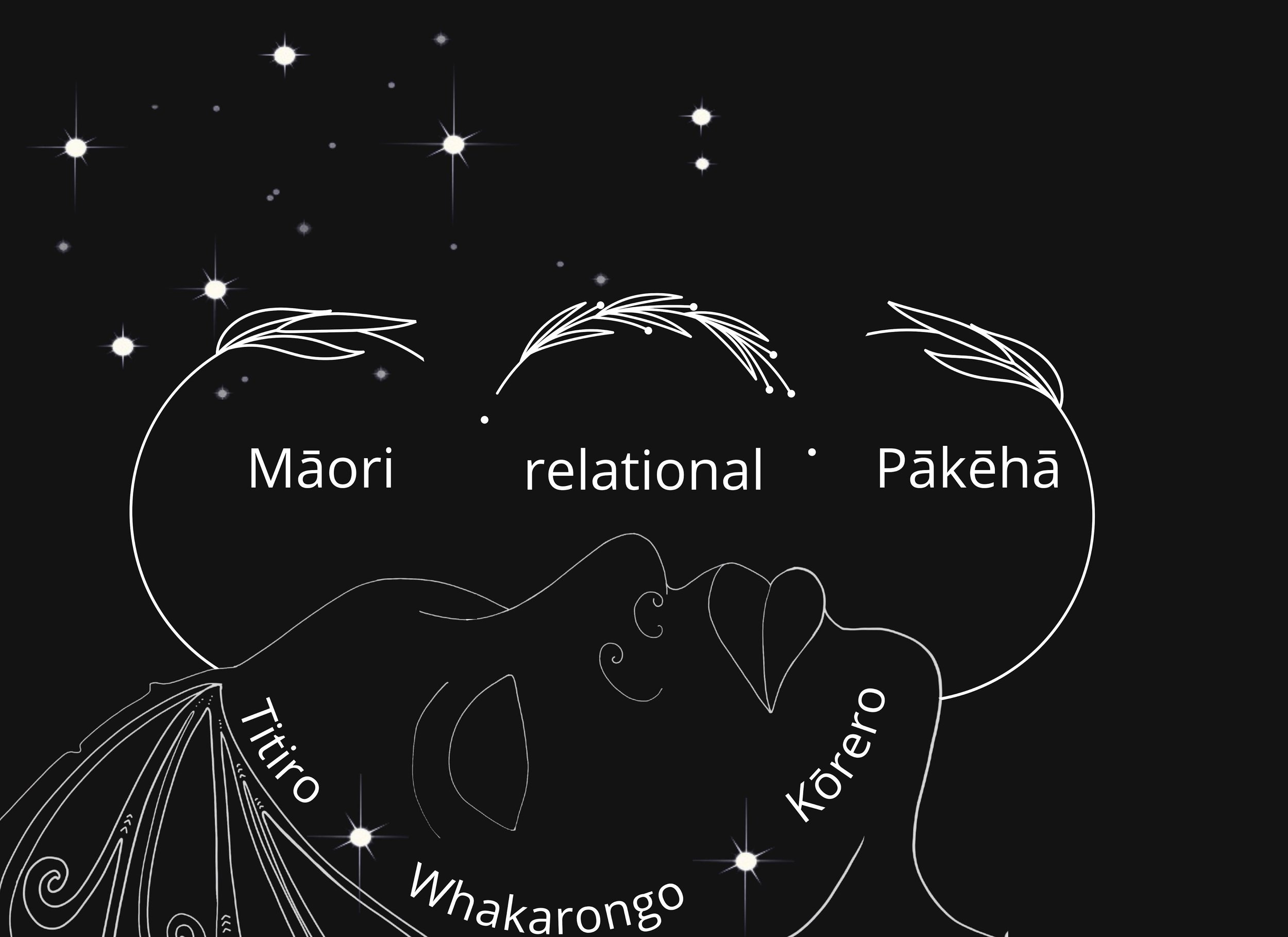Ngā mahi
What are we up to?
Our mahi is spiralling through three phases:
Titiro
A phase of observing & being, looking for tohu, of learning practices for communing with our tīpuna & ancestors.
Whakarongo
A phase of listening & sensing, of conducting a PAR project with our tīpuna & ancestors.
Kōrero
A phase of action & sharing, of hosting a space for community to commune with their tīpuna & ancestors.
Participatory action research (‘PAR’)
PAR is research that is conducted by a collective of community members (‘co-researchers’) who come up with a research question about a social issue in their communities, design and undertake data collection and analysis in response to this question, and then use their findings to take action.
Co-designed through three years of kōrero with Māori, Pākehā and international folx committed to decoloniality, The Tīpuna Project aims to address the following social issues:
The denigration of Indigenous ways of knowing and being
The historically traumatic nature of research for Indigenous peoples
Low settler accountability
We are approaching these issues by asking overall, "What are the decolonial possibilities - and complexities - of including ancestors as co-researchers in PAR?” Between September 2023 and August 2025, Māori and Pākehā co-researchers are therefore designing and participating in a number of activities with our ancestors, and then journalling about these experiences using eclectic forms. These journal entries are the data that we are then analysing to see how our ancestral mahi is affecting us and, in turn, how it might contribute to tino rangatiratanga, intergenerational healing and settler accountability.
At the same time, through embodied, inspirited and otherwise ‘more-than-human’ approaches to these activities, we hope also to experiment with ways to decolonise the research process.
While the specifics of what we do during our three phases will be collectively decided, where possible we are committed to grounding our activities through wānanga, weaving our activities with local and international whitiwhiti kōrero and sharing our activities with community, including students. In doing so we want our process itself to enact our commitments to Indigenous sovereignty.
Taking guidance from the vision of Matike Mai (a nationwide, Indigenous-led movement for constitutional transformation), we will begin by doing these activities in separate Māori and Pākehā spaces, and move into a ‘relational’ space for collaborative mahi between our two co-researcher rōpu when both needed and ready.




